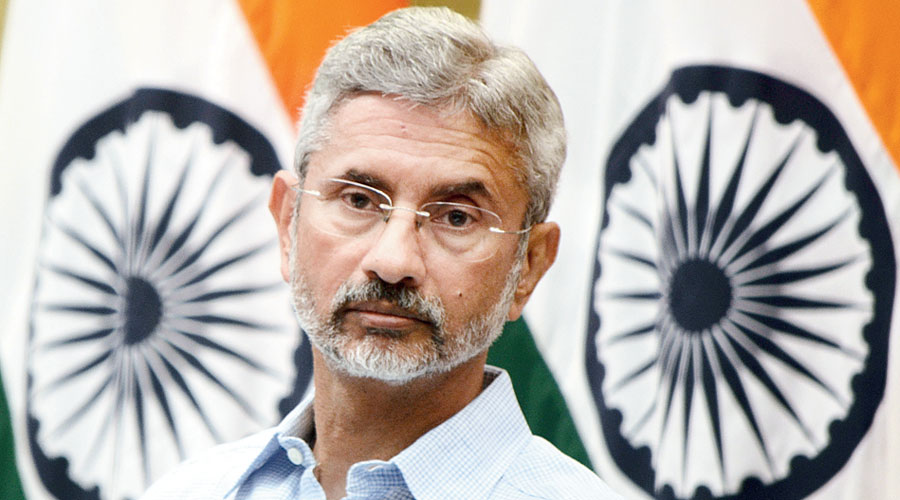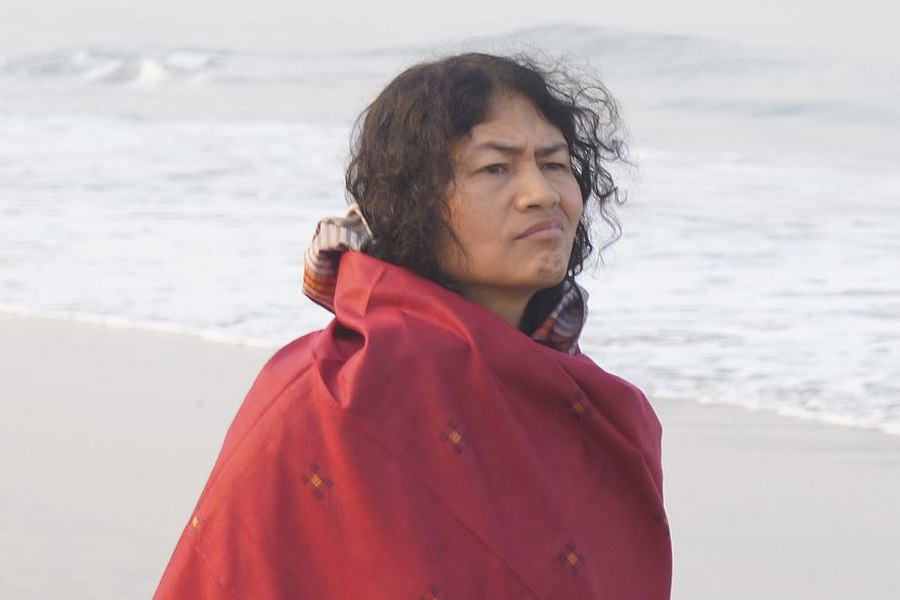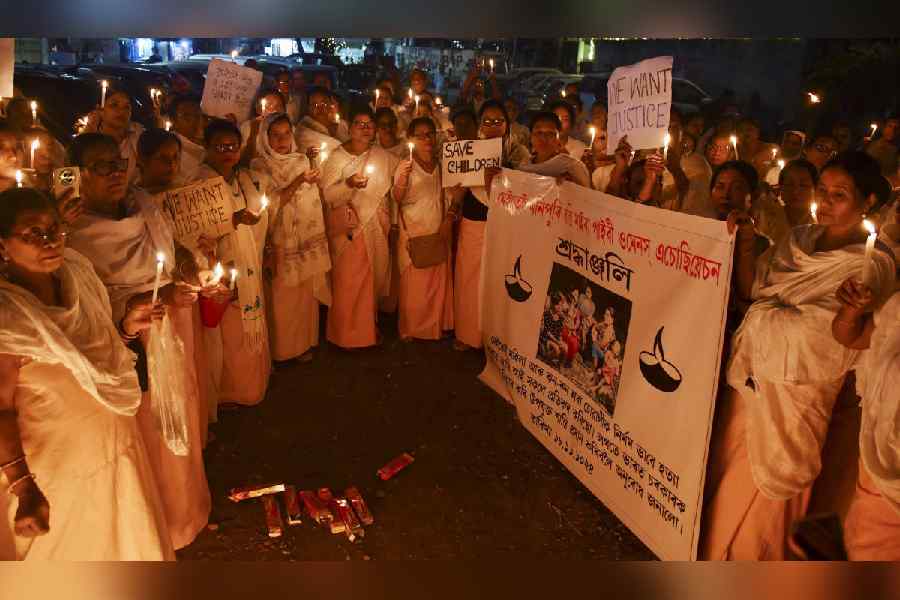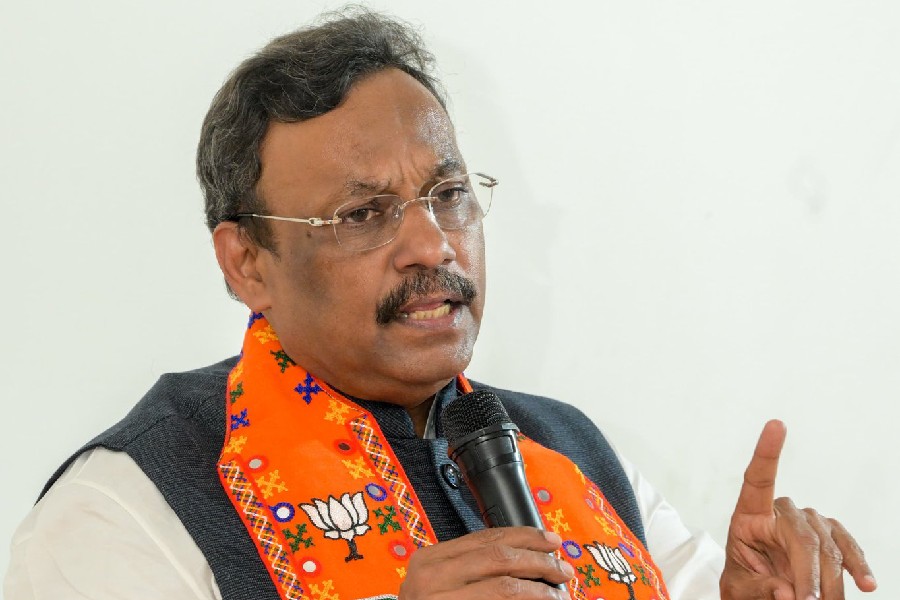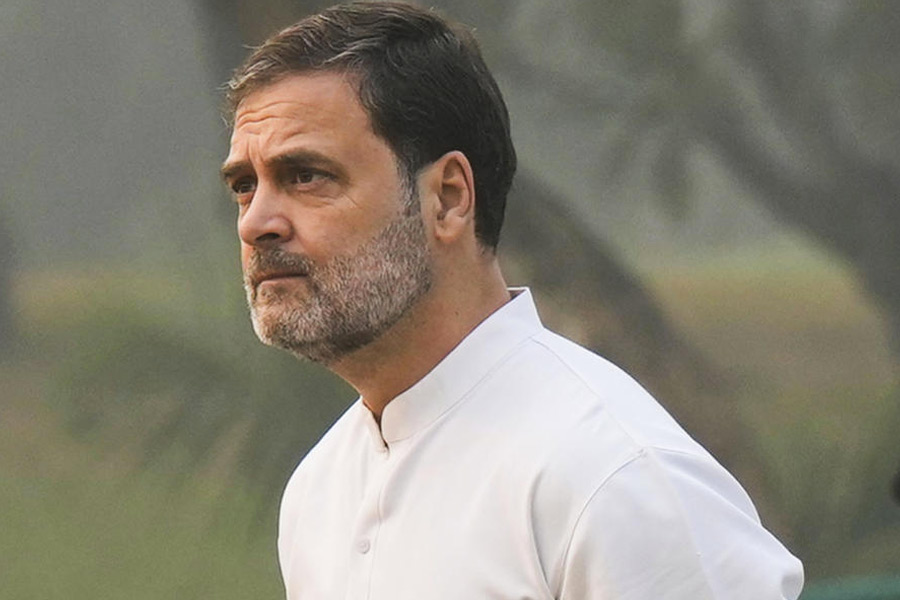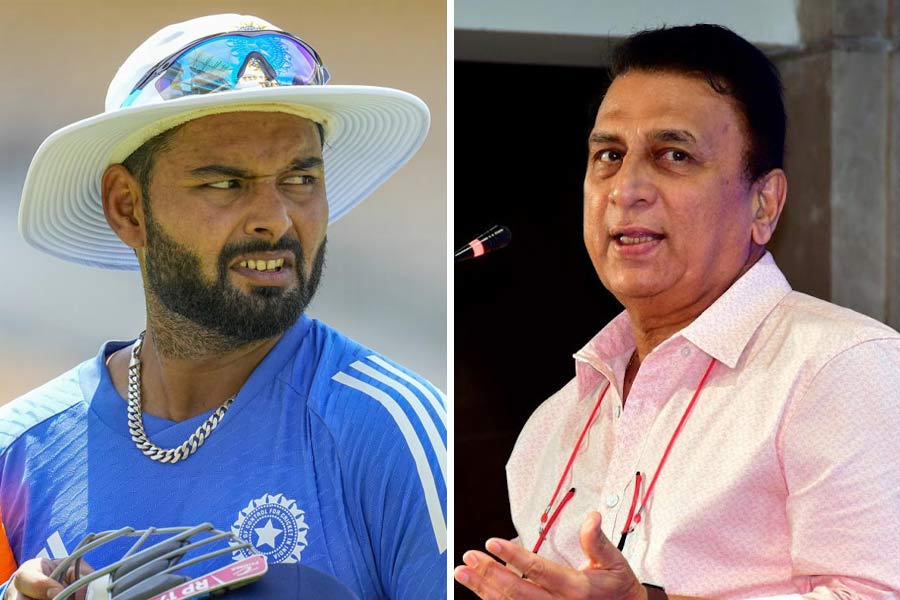India on Saturday showed greater involvement in the peace talks between the Afghanistan government and the Taliban, shedding its inhibitions because of the process’s links with the insurgent group and Pakistan at a time it is concerned about being elbowed out of Kabul by a growing Chinese footprint.
While external affairs minister S. Jaishankar addressed the start of the dialogue virtually, joint secretary (Pakistan-Afghanistan-Iran) J.P. Singh flew to Doha, Qatar, to witness the beginning of the power-sharing talks announced on Thursday after the Afghanistan government released the last batch of six Taliban prisoners.
Addressing the inaugural session to which he had been invited by Qatar, Jaishankar said the interests of minorities, women and vulnerable sections of society must be preserved and the issue of violence across Afghanistan and its neighbourhood had to be effectively addressed.
He reiterated India’s stated position that any peace process in the country — referred to as the graveyard of empires — has to be Afghan-led, Afghan-owned and Afghan-controlled, has to respect the national sovereignty and territorial integrity of Afghanistan and preserve the progress made in the establishment of a democratic Islamic Republic in Afghanistan.
India’s main concern is that with Taliban calling the shots, Afghanistan could slip back to the pre-2001 years when Pakistan’s deep state wielded considerable influence over Kabul. Add to this the need to protect India’s considerable investments in the reconstruction of Afghanistan over the past two decades.

